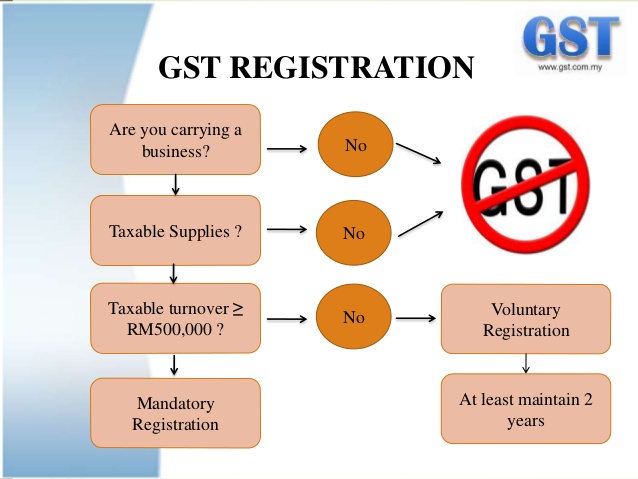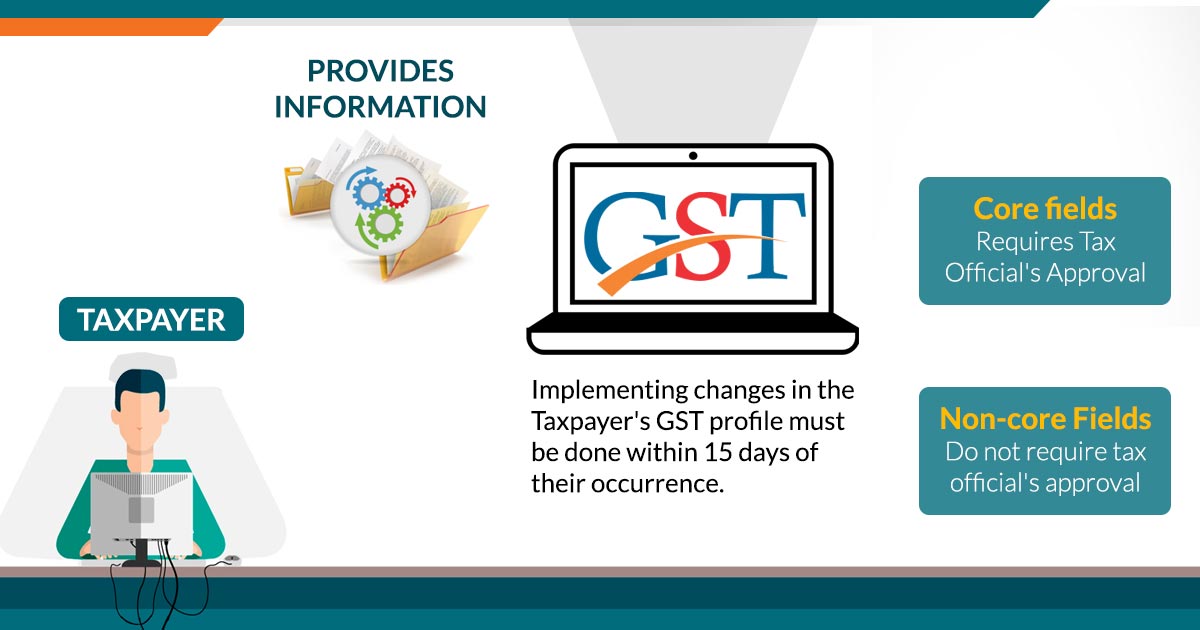Leading Tips for a Smooth Singapore GST Registration Experience
Leading Tips for a Smooth Singapore GST Registration Experience
Blog Article
The Ultimate Guide to Simplifying the GST Enrollment Refine and Requirements for Local Business Owners

Comprehending GST Fundamentals
To realize the fundamentals of the Goods and Solutions Tax (GST) system, small service proprietors need to first recognize its underlying ramifications and concepts. GST is a value-added tax levied on a lot of products and solutions for residential consumption. It aims to enhance the taxation process by replacing numerous indirect tax obligations imposed by the state and central federal governments. Under the GST program, organizations are called for to accumulate and sign up tax on behalf of the federal government, making sure transparency and compliance.
One of the crucial principles of GST is input tax obligation credit history, which allows services to claim debt for taxes paid on their acquisitions. This mechanism prevents the plunging effect of tax obligations and advertises efficiency in the tax obligation system. Additionally, GST is a destination-based tax, implying that the tax obligation is levied at the point of intake rather than the point of beginning. This ensures fair circulation of tax earnings among states based upon where the items or solutions are eaten. Comprehending these fundamental concepts is important for local business owners to browse the intricacies of the GST system and make sure compliance with the legislation.
Qualification Standards for Registration
Having developed a foundational understanding of GST principles, local business owners need to currently fulfill certain qualification criteria to continue with the registration process. In India, entities involved in the supply of goods or solutions with an annual aggregate turnover going beyond Rs. 40 lakhs (Rs. 10 lakhs for special group states) are required to sign up for GST. Furthermore, particular organizations such as those associated with inter-state supply of goods, informal taxable individuals, and those required to pay tax obligation under the reverse cost system should register for GST irrespective of their turn over. Services that were registered under the previous tax obligation regime (BARREL, service tax obligation, etc) are additionally mandated to register under GST. Farming companies that only provide produce out of main production are exempt from GST enrollment. It is important for local business owner to thoroughly evaluate their eligibility based on these criteria to guarantee conformity with the legislation and avoid any kind of fines for non-compliance.
Papers Needed for GST Registration

Simplified Enrollment Process Actions
Following the collection and verification of the requisite look at here files, the registration procedure for GST can be navigated via a collection of streamlined steps designed to facilitate efficient compliance for small service owners. Upon effective verification, an Application Reference Number (ARN) is issued, showing the conclusion of the GST registration process. By complying with these streamlined actions, tiny company owners can effectively register for GST and ensure conformity with tax regulations.
Tips for Ensuring Compliance
To keep regulative adherence and operational stability, thorough oversight and proactive actions are pivotal in making certain conformity with GST needs for local business owners. Tiny business proprietors have to remain upgraded with GST policies, filing target dates, and any kind of changes in tax prices to avoid fines and maintain a good standing with tax authorities. One important idea for conformity is to keep accurate and detailed documents of all purchases, including receipts, expenditures, and invoices connected to GST. On a regular basis resolving financial records with GST returns can aid in determining and fixing any discrepancies without delay. In addition, conducting routine internal audits or seeking expert help can ensure that business is complying with all GST regulations properly. It is likewise essential for little business owners to purchase GST-compliant accounting software that can streamline the tax filing procedure and minimize mistakes. Attending GST understanding workshops or training programs can boost understanding and conformity with GST regulations, eventually benefiting the business in the lengthy run.
Conclusion
In final thought, local business proprietors must understand the basics of GST, satisfy the eligibility standards, gather essential records, and adhere to the streamlined enrollment procedure actions to make certain conformity. check By streamlining the GST enrollment process and demands, tiny business proprietors can avoid fines and operate their companies efficiently within the legal structure - Singapore GST Registration. It is essential website here for little organization proprietors to stay enlightened and compliant with GST guidelines to preserve an effective organization procedure
Small organization owners looking for GST enrollment should guarantee they gather and send the needed papers to complete the registration procedure effectively. The documents required for GST registration usually include proof of business registration or consolidation, FRYING PAN (Irreversible Account Number) card of the company entity, identity and address proof of the promoters/partners/directors, photos, address evidence of the area of service, bank account statements or terminated cheques, and authorization kinds. Participating in GST awareness workshops or training programs can improve understanding and conformity with GST policies, inevitably profiting the organization in the lengthy run.
By streamlining the GST enrollment process and requirements, small service proprietors can avoid charges and run their businesses efficiently within the legal framework. It is crucial for little organization owners to stay compliant and enlightened with GST regulations to preserve an effective company procedure.
Report this page